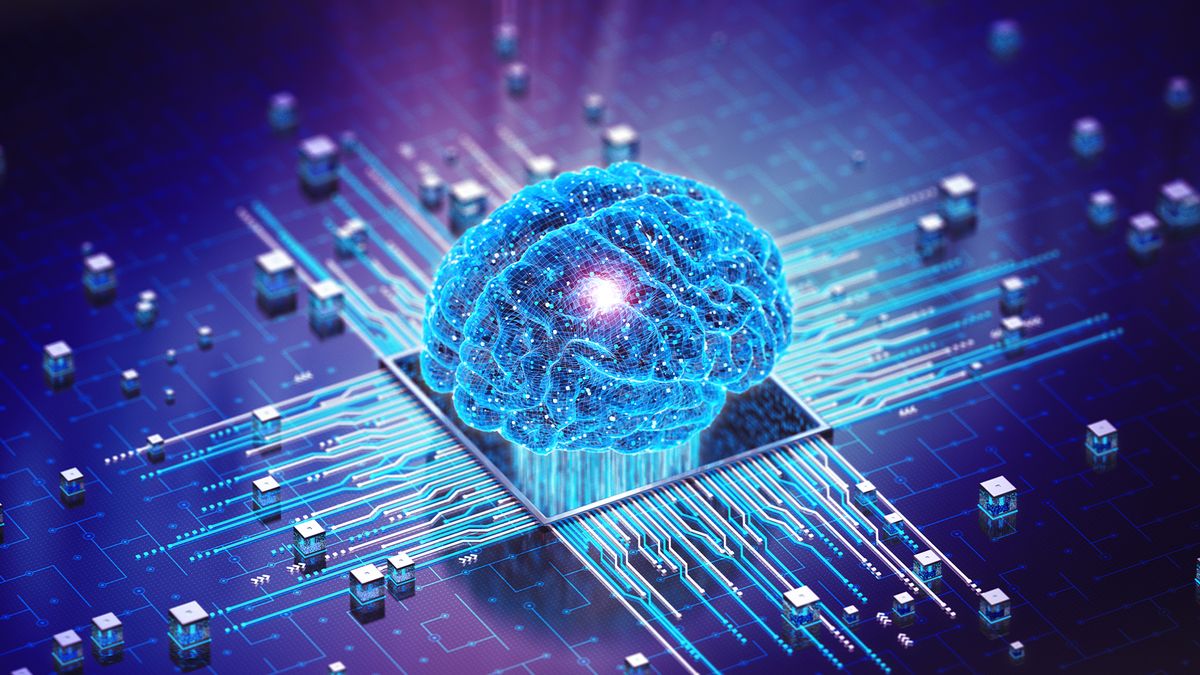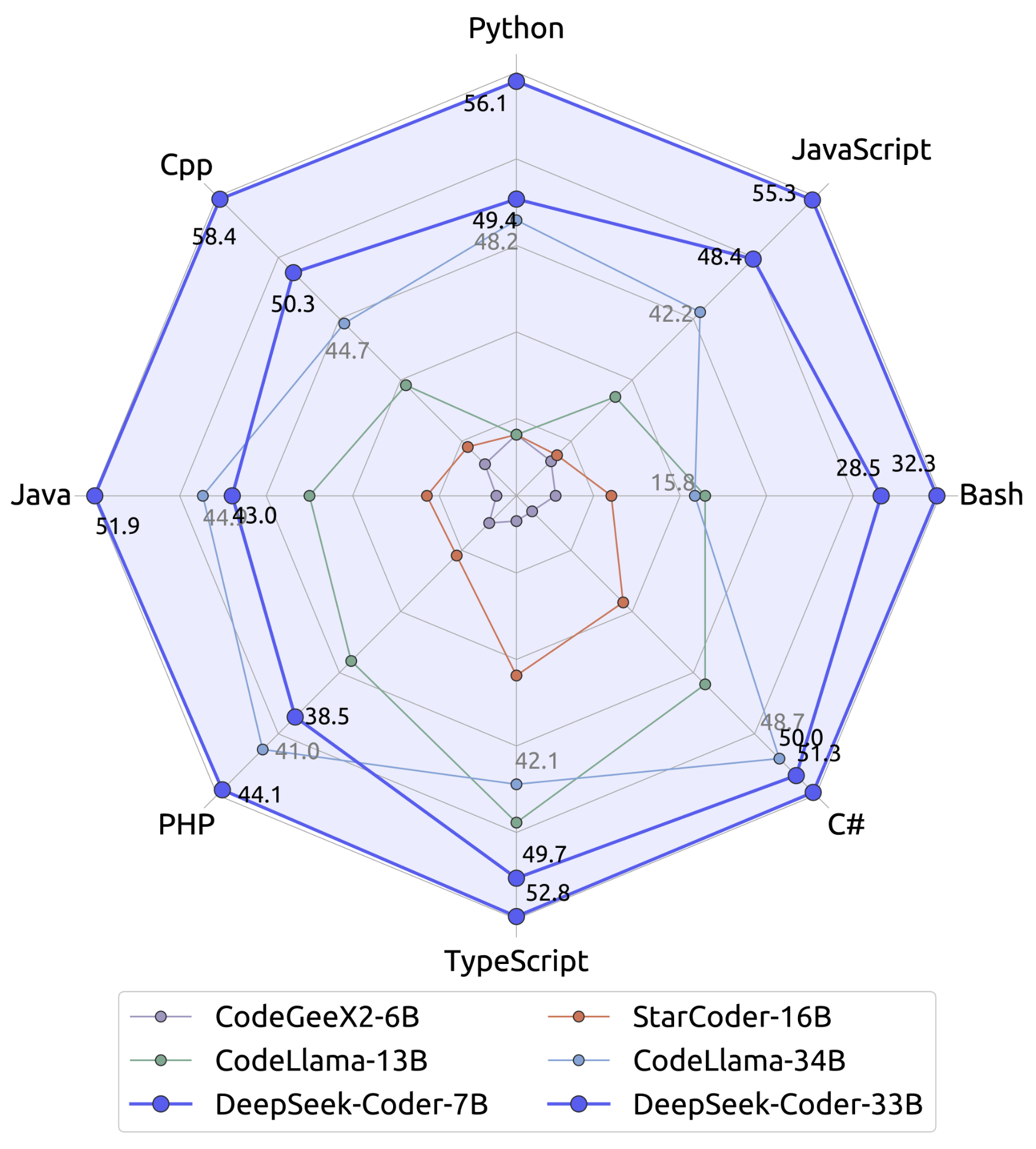Technology is altering our world at an amazing speed! Its sweeping changes can be found all over and sciencewiki.science they can be referred to as both thrilling, and at the exact same time terrifying. Although people in many parts of the world are still trying to come to terms with earlier technological revolutions along with their sweeping social and instructional implications - which are still unfolding, they have been awoken to the truth of yet another digital transformation - the AI transformation.
Artificial Intelligence (AI) innovation refers to the ability of a digital computer or computer-controlled robotic to perform jobs that would otherwise have been brought out by humans. AI systems are created to have the intellectual procedures that identify human beings, such as the capability to factor, discover meaning, generalize or gain from previous experience. With AI innovation, vast quantities of details and text can be processed far beyond any human capacity. AI can also be utilized to produce a large variety of new material.
In the field of Education, AI innovation comes with the possible to allow new kinds of teaching, discovering and educational management. It can likewise improve finding out experiences and assistance instructor jobs. However, in spite of its favorable capacity, AI also positions significant risks to students, the teaching neighborhood, education systems and society at large.
What are a few of these threats? AI can decrease teaching and finding out procedures to computations and automated tasks in manner ins which decrease the value of the function and influence of instructors and damage their relationships with learners. It can narrow education to only that which AI can process, model and provide. AI can also intensify the worldwide lack of qualified teachers through out of proportion costs on technology at the expenditure of investment in human capacity development.
Using AI in education likewise creates some fundamental concerns about the capacity of instructors to act actively and constructively in determining how and when to make judicious usage of this innovation in an effort to direct their professional growth, find solutions to difficulties they face and enhance their practice. Such fundamental concerns consist of:

· What will be the role of teachers if AI technology become widely implemented in the field of education?
· What will evaluations look like?
· In a world where generative AI systems appear to be establishing new abilities by the month, what skills, outlooks and proficiencies should our education system cultivate?

· What changes will be needed in schools and beyond to assist students plan and direct their future in a world where human intelligence and device intelligence would seem to have become ever more closely connected - one supporting the other and vice versa?
· What then would be the purpose or role of education in a world controlled by Artificial Intelligence technology where human beings will not necessarily be the ones opening brand-new frontiers of understanding and knowledge?

All these and more are intimidating concerns. They require us to seriously consider the issues that develop concerning the execution of AI innovation in the field of education. We can no longer just ask: 'How do we get ready for an AI world?' We must go deeper: 'What should a world with AI look like?' 'What roles should this effective technology play?' 'On whose terms?' 'Who chooses?'

Teachers are the main users of AI in education, and they are anticipated to be the designers and facilitators of trainees' knowing with AI, the guardians of safe and ethical practice across AI-rich instructional environments, and to act as good example for lifelong learning more about AI. To assume these obligations, instructors need to be supported to develop their abilities to leverage the potential advantages of AI while mitigating its risks in education settings and wider society.
AI tools ought to never ever be designed to change the legitimate responsibility of teachers in education. Teachers need to stay accountable for pedagogical choices in using AI in mentor and in facilitating its usages by students. For instructors to be accountable at the practical level, a pre-condition is that policymakers, instructor education organizations and schools assume duty for preparing and supporting instructors in the appropriate usage of AI. When presenting AI in education, legal securities need to likewise be established to secure teachers' rights, and long-term monetary commitments require to be made to guarantee inclusive gain access to by teachers to technological environments and standard AI tools as essential resources for adjusting to the AI period.
A human-centered method to AI in education is critical - an approach that promotes essential ethical and
practical concepts to help regulate and direct practices of all stakeholders throughout the entire life process of AI systems. Education, given its function to safeguard in addition to assist in development and learning, has an unique responsibility to be fully aware of and responsive to the dangers of AI - both the recognized risks and those only just emerging. But too frequently the threats are neglected. Using AI in education therefore requires careful consideration, including an examination of the developing roles instructors need to play and the proficiencies required of teachers to make ethical and reliable usage of Expert system (AI) Technology.
While AI provides opportunities to support teachers in both mentor along with in the management of discovering processes, meaningful interactions in between teachers and trainees and human growing should remain at the center of the educational experience. Teachers should not and can not be changed by innovation - it is crucial to safeguard teachers' rights and guarantee sufficient working conditions for them in the context of the growing usage of AI in the education system, in the office and in society at big.








